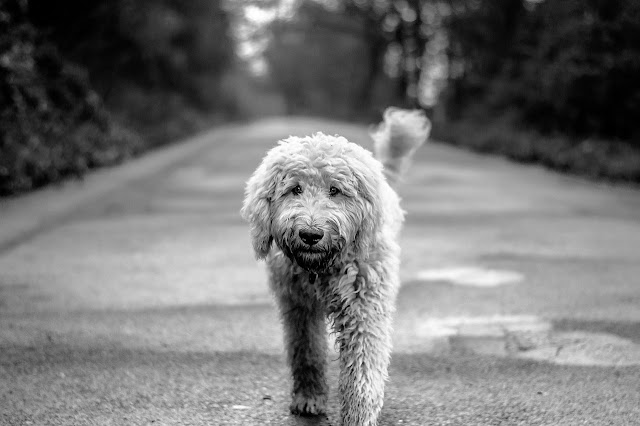The Animal Books that Changed People’s Lives: Part 2

The books about animals that had a profound effect on people’s lives. By Zazie Todd, PhD This is the second post in a series on the animal books that changed people’s lives. You can read part 1, animal lovers on the books that changed their lives , here. This page contains affiliate links which means I may earn a commission on qualifying purchases at no cost to you. The Other End of the Leash by Patricia McConnell Vanessa Mae Hajek MS CTC of Hands Full Dog training told me, “In 2002, my dad got me a book for my 14th birthday. Patricia McConnell's The Other End of the Leash . He knew nothing about the author and nothing about the book so he took a chance. I read it in four days. McConnell introduced me to dogs as a subject of scientific study and more importantly, further introduced me to this radical idea of modifying dog behavior not with force or intimidation, but with food. During the next few years I devoured all things force-free dog training and slowly began...






